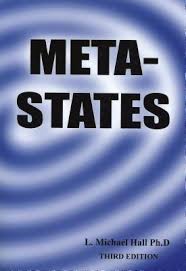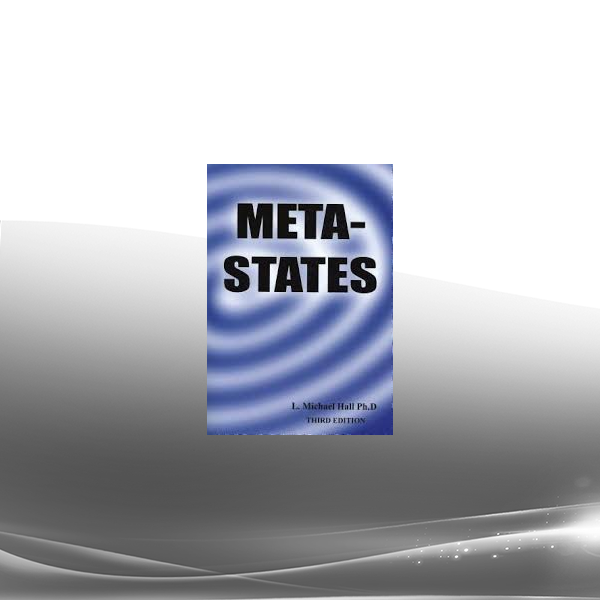
Michael Hall – Meta States Model
“The Meta-States Model” by Michael Hall presents a comprehensive exploration of Meta-States within the framework of Neuro-Linguistic Programming (NLP). Here’s an overview of what participants might expect from such a program:
- Introduction to Meta-States: An overview of the Meta-States model, its origins, and its theoretical foundations within NLP.
- Understanding Meta-States: Exploration of the layers of thoughts and emotions that we add on top of our primary experiences, and how these meta-levels influence our perceptions, beliefs, and behaviors.
- Meta-States and State Sequences: Examination of how meta-levels interact with each other to create complex state sequences and patterns of thought and behavior.
- Meta-Stating Techniques: Instruction on techniques for accessing and modifying meta-states, including reframing, anchoring, collapsing anchors, and timeline interventions.
- Applications in Personal Development: Practical strategies for using Meta-States to overcome limiting beliefs, enhance resourceful states, and facilitate personal growth and transformation.
- Applications in Communication and Influence: Techniques for using Meta-States to enhance communication skills, build rapport, and influence others positively.
- Meta-States and Ecology: Consideration of the ecological impact of meta-level interventions, ensuring that changes made at higher levels are congruent and sustainable across all levels of experience.
- Case Studies and Demonstrations: Real-life examples and demonstrations illustrating the application of Meta-States in various contexts, including therapy, coaching, business, and personal development.
- Integration and Practice: Opportunities for participants to integrate Meta-States principles and techniques into their own lives and professional practices through exercises, role-plays, and application tasks.
- Ethical Considerations: Discussions on ethical considerations when using Meta-States, including respecting personal autonomy, values, and well-being.
- Community Support: Collaboration and networking opportunities with fellow practitioners, providing ongoing support, feedback, and learning opportunities.
Overall, “The Meta-States Model” offers a comprehensive and practical exploration of Meta-States, providing participants with the knowledge, skills, and tools to harness the power of meta-level thinking for personal and professional transformation.
Michael Hall’s Articles And Essay Collection. Transforming Anger, Fear, Depression Quickly and Thoroughly META-STATING Negative Emotional States To Transform Anger, Fear, Depression Quickly & Thoroughly In One Fell Swoop. Meta-States Model Overview/ Template by Michael Hall.
A State: a state of mind and body, which can not occur in isolation, hence a mind-body state driven by ideas and meanings (beliefs, values, conceptions that we attach to things, a neuro-linguistic or neuro-semantic state). Our states generate an overall feel or gestalt, so we refer to our states as emotional states. We notate thoughts-feelings as T-F, and the state as a circle. A primary state relates to (or references) some object (person, event, thing) out in the world. A Meta-State (M-S): arises as we T-F about our T-F. In this, our conscious awareness reflects back onto itself (self-reflexive consciousness) to create T-F at a higher logical level. This generates a state-about-a-state (a M-S). Such meta-states relate to, or reference, a previous state. So rather than having to do with something about the world, they have to do with something about some previous “thought,” “emotion,” concept, understanding, or Kantian category, etc. Hence a meta-state describes a higher level of abstraction @ an abstraction. This creates a conceptual state.







Reviews
There are no reviews yet.